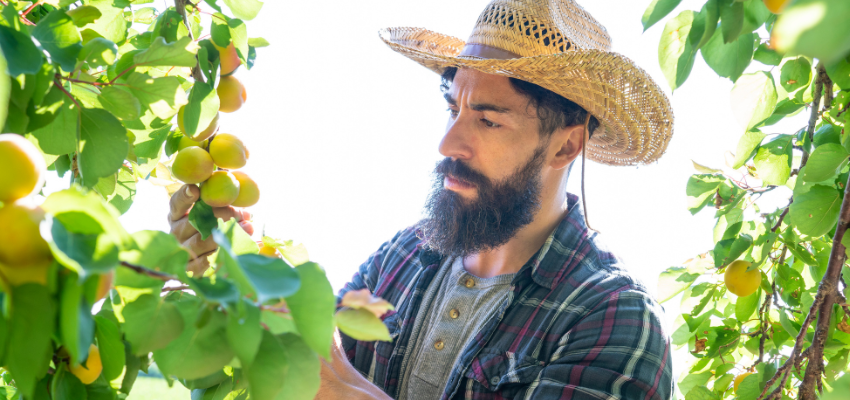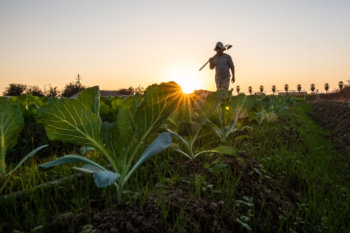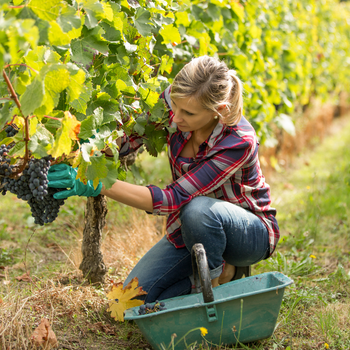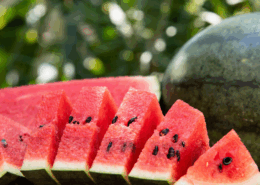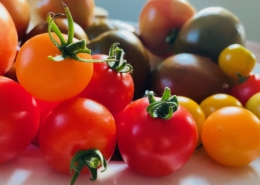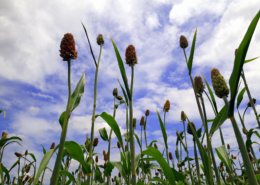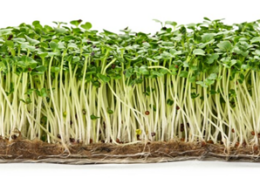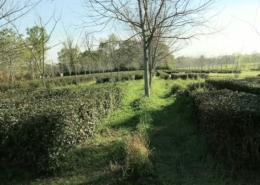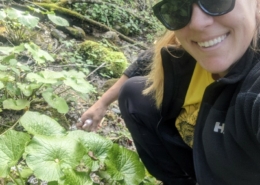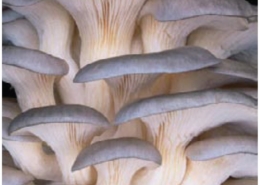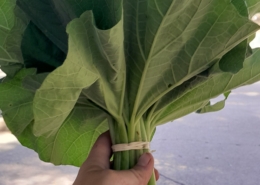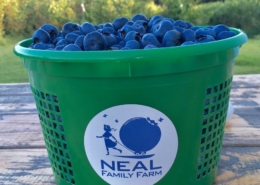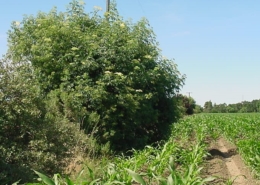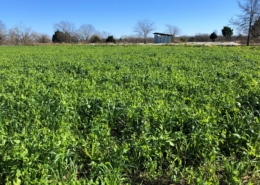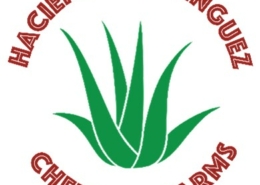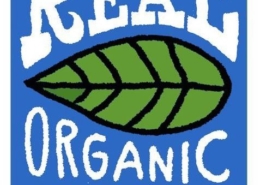Specialty Crops
Specialty crops are defined by the USDA as “fruits and vegetables, tree nuts, dried fruits, horticulture, and nursery crops (including floriculture).” Specialty crops have a specific USDA category and definition to help producers market these products effectively. Specialty crops provide opportunities for farmers to grow on a wide variety of acreages, from small urban farms to large scale commodity-based specialty crop farms. Specialty crops contribute value to communities through providing healthy food, aesthetic and cultural values and opportunities for local economic development.
An important aspect to successful specialty crop production is sustainable pest and soil management. ATTRA’s pest-management resources take a wholistic approach to managing pests in specialty crops and utilizing pesticides as a last resort. The same goes for sustainable soil and fertility management for specialty crops. Incorporating proper rotations and cover cropping strategies are important components of sustainably managed specialty crop farms.
In this section, you’ll find practical ATTRA resources on specialty crops, ranging from sustainable and organic production practices to marketing and business management. Examples include herb production and marketing, high tunnel grape production, market gardening, sustainable orchard management, and more. Most of the resources within this section have embedded marketing and business management resources to not only help producers be successful at growing specialty crops but also in selling them. The resources come in multiple formats including publications, tutorials, podcasts, and videos. If you need more assistance, give one of our specialty crop specialist a call at 1-800-346-9140 or utilize the chat feature on the bottom corner of your screen.
Related Topics
Staff Expert


